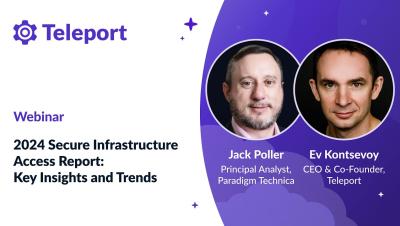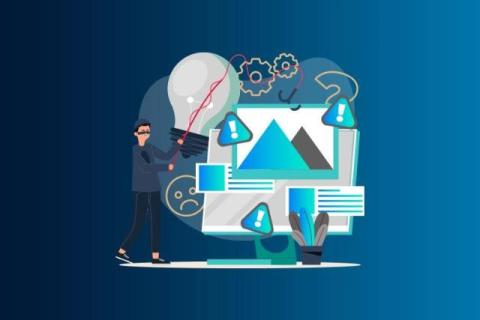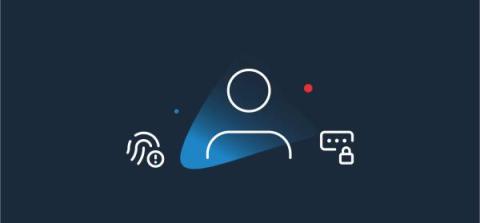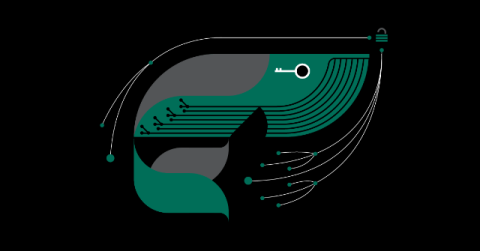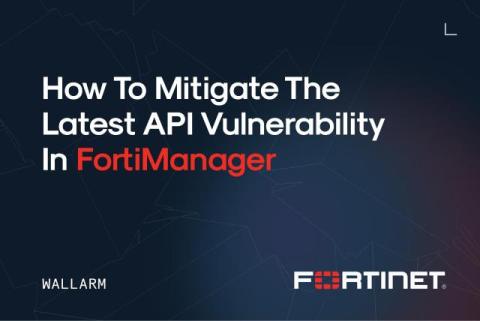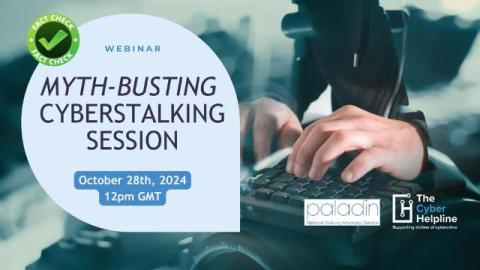2024 Secure Infrastructure Access Report: Key Insights and Trends
Did you know that 3 out of 4 enterprises say that securing access to infrastructure is getting more difficult each year? As environments grow more complex and identity-based attacks evolve, security and IT teams are feeling the strain, all while developer productivity is impacted. The 2024 State of Secure Infrastructure Access report dives into these challenges and reveals critical insights in access control practices, their effectiveness, and the significant gaps between top-performing organizations and security novices.


